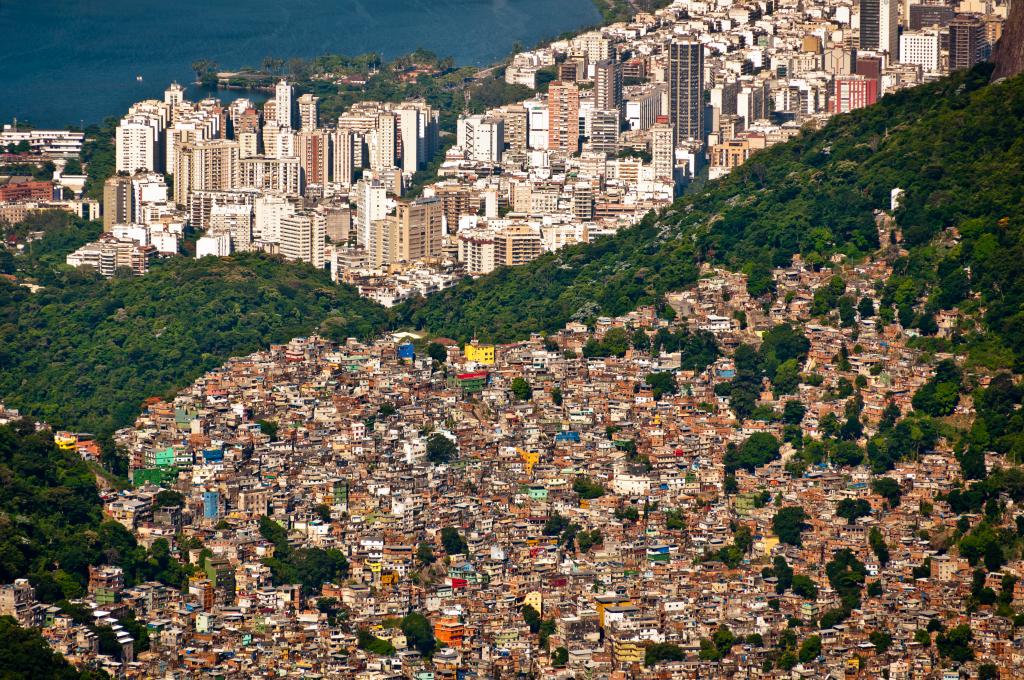366 teams composed of 1,368 graduate students from 102 different nationalities, registered to take part in the 2020 Geneva Challenge. 145 project entries were submitted by 558 students from teams hailing from all over the world, with 17 semi-finalists teams. This year, the Jury Panel chose five finalist teams, one per continent:
Team from Africa: Gulu University
-
Vertical Farming in Refugees Setting (VEFIRS) - A Tool for Fostering Intergroup Relations and Social Integration. In the last decade, Uganda in East Africa has witnessed an influx of refugees from South Sudan, Burundi and the Democratic Republic of Congo. The demand for land continues to grow at a fast pace, especially in Bidibidi, the largest refugee settlement in East Africa. This continues to provoke tensions among refugees and host communities. As a result, refugees remain susceptible to exclusion from social, economic and political affairs in the country. The VEFIRS project aims to build the adaptive capacity of refugees and the host community of Bidibidi settlement, which is subject to to land scarcity and rocky soil, through the multi-storey vertical farming approach. The goal of this initiative is to help refugees become self-reliant in overcoming food shortages and poverty, which are drivers of unethical behaviours.
Team from Asia: Tata Institute of Social Sciences
-
SAMHIT - Strengthening Aid For Maternal Health In Tribal Women. In 2017, 12% of global maternal deaths occurred in India, a large proportion including tribal women. In spite of various government programmes and policies for maternal care and childcare, the tribal women in interior localities of the country remain excluded from mainstream society. Their maternal needs remain unidentified and thus unaddressed. SAMHIT’s main objective is to collect quality data through blockchain-enabled applications and analyse it using Predictive Analytics to identify high-risk pregnancy cases and to provide an aid for the prompt management of emergency specialty care. The application captures social factors along with clinical parameters to predict complications. This will enable frontline health workers to deliver proactive healthcare services with a timely referral for uneventful situations. Thus, the project aims to provide a contextualised solution to cater to indigenous tribal women in different geographies.
Team from Europe: KTH Royal Institute of Technology, Stockholm School of Economics
-
GerBound- A Platform Solution To Address Social Inequality In Mongolia. Climate change and economic pressures are impeding many Mongolians from sustaining their fragile nomadic way of life. In recent years, increasing inequalities have become strikingly apparent, with thousands of nomadic families forced to give up their traditional lifestyle and thus moving from the countryside into shantytowns outside of Ulaanbaatar (“Ger districts”), struggling to integrate into a modern urban society. GerBound addresses these gaps in the innovation ecosystem by connecting local changemakers with the Mongolian diaspora. GerBound provides the diaspora with a transparent channel to support the country in a more coordinated way. Mongolians living abroad can thereby decide what local projects they want to support financially or with their respective expertise.
Team from North America and Oceania: Harvard University
-
Project Gem: A Teletherapy Platform To Connect Elderly With Family Caregivers. One of the most profound challenges that people face in old age is social isolation. Nearly half of the elderly currently live alone or with just a spouse, and those who live alone are at increased risk for a number of serious behavioural and health problems, including cognitive decline, depressive symptoms, reduced physical activity and increased chronic disease morbidity. To connect isolated elderly to the families who care for them, Project Gem enables family caregivers to provide companionship for their elderly through reminiscence-based teletherapy.
Team from South America: The Graduate Institute, University of Chile, National University of La Plata, University of Geneva
-
YACHA: A Multiplatform Solution To Bolivian Youth's Education And Labour Inclusion. Bolivia has consistently struggled to include marginalised communities in policy and decision-making processes that have the potential to challenge the social status-quo and break the poverty cycle. This has been particularly noticeable among Bolivian youth who, despite constituting a growing portion of the population, have remained on the sidelines of development programmes. Facilitating vocational and professional connections, YACHA fosters youth inclusion by simultaneously bridging inter- and intra-generational gaps ,and engaging young Bolivian leaders, especially minorities and disadvantaged youth. YACHA sheds light on the issues of education and employment in Bolivia, grounding our proposal on data-driven research that cuts across the fields of economics, sociology, development studies and politics, among others.
The Award Ceremony for the 2020 Advancing Development Goals International Contest for Graduate Students will be held virtually on Tuesday 6 October from 15:00 to 16:00 CET following a keynote address by Juan Manuel Santos, former President of Colombia and sole recipient of the Nobel Peace Prize in 2016.
This year’s winning project will be awarded CHF 10,000; the two teams in second place will receive CHF 5,000 each and the two teams in third place, CHF 2,500 each.
More details about all five projects and further information on this year’s Challenge can be found on our website.
Follow us on our Facebook page to stay informed about this year’s ceremony and the launch of the 2021 Geneva Challenge.


